It sometimes takes a crisis to shake people out of a rut. Many employees were not completely happy with their jobs before COVID-19, and the crisis has brought it to a head. As the economy and job market continue to gain strength, top employees who were once content just to have security in their roles are now reconsidering their position and their level of overall job satisfaction.
- Working from home temporarily has been appealing for some.
- Seeing friends and family work remotely and be promised long-term remote options has made remote work seem feasible.
- Employees have been evaluating the COVID response and impact at their own organization:
- Is there transparency in communication?
- Do leaders seem to be able to maintain a focus on the future?
- Are leaders consistently putting safety first?
- How did leaders treat people during lay-offs or hours reductions?
Here is something we hear frequently from HR Directors: Our staff is burned out. There are too many meaningless online meetings. Managers are making staff feel untrusted and micro-managed. Leaders are failing to obey their own safety protocols. Senior staff didn’t take a pay cut, but everyone else got a cut in pay and hours.
Employees who work at companies with these issues are even more likely to move now than ever before as they can easily see the alternatives. Companies are touted in the news and online daily because they are going out of their way to help employees by providing COVID bonuses, extra supports and remote work to their staff.
COVID puts a new spin on the issue of retention, but there are some consistent reasons that employees leave a company. The top five reasons are:
Trust
The number one reason employees leave their current employer is a lack of trust. This could stem from earlier cutbacks in pay and/or benefits, layoffs or other measures made necessary by a declining economy. If an employee is unhappy with the way in which a particular remedy was handled, or if they feel they are being kept in the dark, they begin to wonder if they will be next. Reach out to employees and establish a solid two-way path for communication. Be sure they are informed of company initiatives and the reasons behind them. Ask for their opinions, input and feedback. Make them feel a part of the organization and its success. If the organization needs to make progress, admit it and advertise the progress as it occurs.
Recognition
Employees often leave if they feel unappreciated or experience a lack of recognition for their accomplishments in their current role. In an economy that has dictated doing more with less, many top performers have been asked to go above and beyond their job description. They expect and deserve recognition for pitching in and doing what is necessary during these last few difficult years. Make certain your employees are recognized for their contributions to the company’s success. Other employees will see this public recognition and become inspired to heighten their performance as well. Be sure the recognition is meaningful and for something measurable. Savvy employees will see through false recognition and be suspect of it.
Politics
Some employees tire of the internal politics within their company and begin to seek another company to work for. All organizations with an org chart are going to inherently have a certain amount of internal politics, so it stands to reason any new company they join will also have some issues as well. However, for top performers, the driving force behind dissatisfaction is not so much the politics, but the fact it interferes with their being able to do their job to the best of their ability. Top performers are top performers because they choose to be. Anything that interferes with satisfying their internal drive becomes an issue. Internal politics will tend to ripple through your workforce and cause performance to drag. Isolate your workforce from this to the greatest extent possible. Make sure corporate decisions are communicated well and are backed by valid, understandable logic. Political maneuvering will undermine an organization’s ability to move forward as a single unit.
Manager
Sometimes people just do not get along. It could be a mismatch in personality or a difference in management style. There are often warning signs when this type of mismatch has occurred, but they can be difficult to see if you are not staying in touch with the employee. Frustration of this type tends to build over time. Casual, confidential conversations with employees and managers on a routine basis will usually uncover these issues before they become a reason for voluntary turnover. Act early and work with parties on both sides of the issue to develop an acceptable solution for everyone involved.
Inflexibility
More and more organizations are embracing flexibility within the workforce, and this has been accelerated due to the pandemic. Telecommuting and flexible work schedules are nearly standard in many industries at this time. Employees, like everyone else, want what they do not currently have, particularly when they see that other companies are offering it. If your employees are asking for this from your company and other employers in your area of similar size and industry offer it, be prepared to lose some of your top talent if you are unwilling to be more flexible. Take special note of what your competition for talent is implementing and adopt similar incentives if they can work within your business model.
Although these are the top five reasons employees voluntarily leave their current position, there are many others that are not listed here. Employees leave when business leaders fail to understand what employees want and address their needs. Employers already go to great lengths and follow detailed processes and procedures when recruiting and onboarding new employees. Following hire, most employers reach out to employees at least annually or semi-annually to evaluate their performance, praise accomplishments and recommend improvements.
Several forward-thinking companies have begun the practice of conducting periodic “stay interviews.” It only makes good sense to interview your best performers while they are working for you, rather than only gain their honest feedback when they are on their way out the door.
So, why not schedule casual interviews with the best performers and those who have the highest potential within your organization? Find out what is on their mind, as well as any issues or concerns they have. Ask about ideas they have regarding the corporate culture or even improvements in processes, policies or production. Most importantly, apply what is learned during this conversation where applicable and avoid voluntary turnover.
If you have questions about retaining top talent and/or exit interviews, please contact a member of Catapult’s Advice Team.
By Kathryn Sears, Catapult HR Advisor

